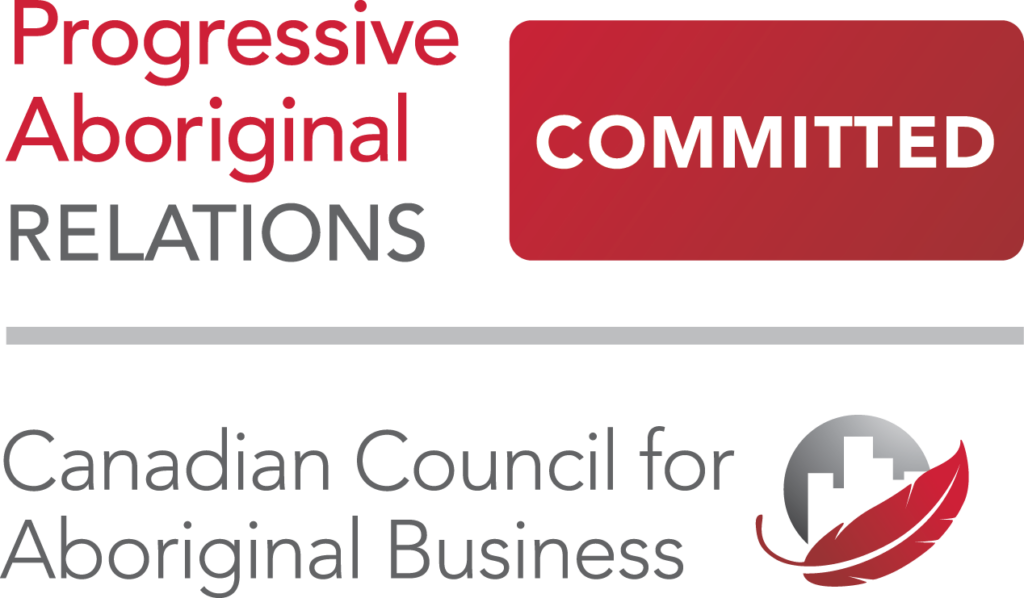Partnerships have always been a key aspect of many companies, aligning with their core values. In the pursuit of building effective partnerships, it only makes sense to bolster this with a referral program. After all, word of mouth holds significant importance when it comes to referrals. And, as a reminder, the goal of a referral program is to incentivize you to tap into your network for those lucrative referrals by sharing useful contacts, leads, and more.
Everyone has a network of some value to certain companies and monetizing yours might be a great opportunity. Nevertheless, for many, this prospect can be intimidating, giving rise to numerous lingering questions — What if you’re unsure of who to refer? What if you don’t know much about the company you’re referring? What exactly is their referral program process?
However, by incorporating the four best practices outlined below, you will emerge as a successful referral partner. One that’s equipped with the clarity and guidance needed to unlock the full potential of their network.
1) Understand the Offering
Before anything, it’s crucial for you to understand who you’re promoting and what they do. Chances are, you’re currently working with the company or have done so in the past. But if someone you’re referring asks you about the company’s offering, it can sometimes be hard to explain it. Fret not, most partners have a wealth of information and are always willing to chat about their services and explain a bit about what they do.
With that said, companies understand it can be a big ask to become an expert on a company you don’t work for. So the best advice? Simply ask! If you’re confused about who their typical clients are, a specific service, and/or what their processes are like, they’ll always make sure to get back to you and answer every question that you may be scratching your head over. The good thing is, you don’t need to know as much as you think. As long as you know what clients the company typically works with, you’re already halfway there.
2) Identifying Leads In Your Network
Now the question is, who in your network needs the services offered? This can be tricky but chances are you’re already connected with multiple people who are looking for exactly what the company offers. The next step is to connect with the company and ask them “Which types of roles do you look to connect with?”. These could be CEOs, Founders, VPs, Managers, etc. Knowing the right person to talk to is crucial for helping the company get its foot in the door with your referral.
Oftentimes companies speak with in-house teams who are struggling to oversee entire departments by themselves and don’t have the experience or resources to train someone on their team for support. Or perhaps your referral is looking for an innovative solution and simply hasn’t cracked the code. This is where the company you’re referring can come in and hit the ground running.
Just don’t forget to reassure your referral that there isn’t any commitment to connecting with the company via email or jumping on a call with them. Briefly explain that it’s an opportunity for them to review and it may be a solution to their problem. They may learn a thing or two, and you may end up with a referral payout. It’s a win-win!
3) Consistency and Collaboration
In a world inundated with information, navigating through the constant influx can be overwhelming. Unless a referral program is at the forefront of your priorities, it’s easy to forget about it. The last thing anyone wants is to miss out on potential payouts and the opportunity to generate more revenue. How can you avoid this? Stay in touch with the company.
Whether it’s a bi-weekly or monthly routine (or whatever suits your schedule), the most successful referral relationships thrive on regular communication. These consistent check-ins involve conversations, knowledge exchange, and staying informed about the latest developments in their ecosystem.
These brief calls offer immense value, as they provide an opportunity to brainstorm potential leads and refresh your understanding of the company’s offerings. We’re also firm believers that partnerships are a two-way street. Engaging in regular communication not only positions you to receive valuable insights but also opens the door for potential leads, unlocking exciting opportunities for yourself or your business.
4) Ask Them For Feedback
Lastly, the best partnerships are longstanding and will require many refinements along the way. It’s crucial to understand the company’s process, helping you identify the optimal way to present leads and comprehend the reasons behind a lead not converting into a client. While various scenarios may arise, your confidence lies in the belief that the company is open to flexibility, accommodating both you and your network in the pursuit of mutual success.
Building a successful partnership is a bit like a winding road, not a straight line. It’s all about sharing thoughts and feedback back and forth. When you actively talk with the company, you’re setting up a space where you both can keep getting better. As you navigate the journey together, the shared goal is not merely transactional but transformative — fostering a relationship that not only stands the test of time but also evolves, adapts, and flourishes with each refinement along the way.

Summary
To build a successful referral partnership, it’s essential to first understand the company’s offerings, ensuring clarity on their typical clients and services. Identifying potential leads in your network comes next, facilitated by regular communication with the company to align with their needs.
Consistency is also key; maintaining a routine of check-ins fosters collaboration, enabling valuable insights and potential leads. Additionally, actively seek feedback to refine the partnership continually. Embrace the dynamic nature of the journey, recognizing that flexibility and open communication with the company contribute to mutual success. It’s more than just transactions; it’s about building a relationship that grows and improves over time.
If you’re a fan of AIM and would like to put what you’ve learned into practice, be sure to check out our AIM Referral Program. We’re here for all of our partners and look forward to a mutually beneficial partnership, expanding the reach of affiliate and partnership marketing to more individuals!












